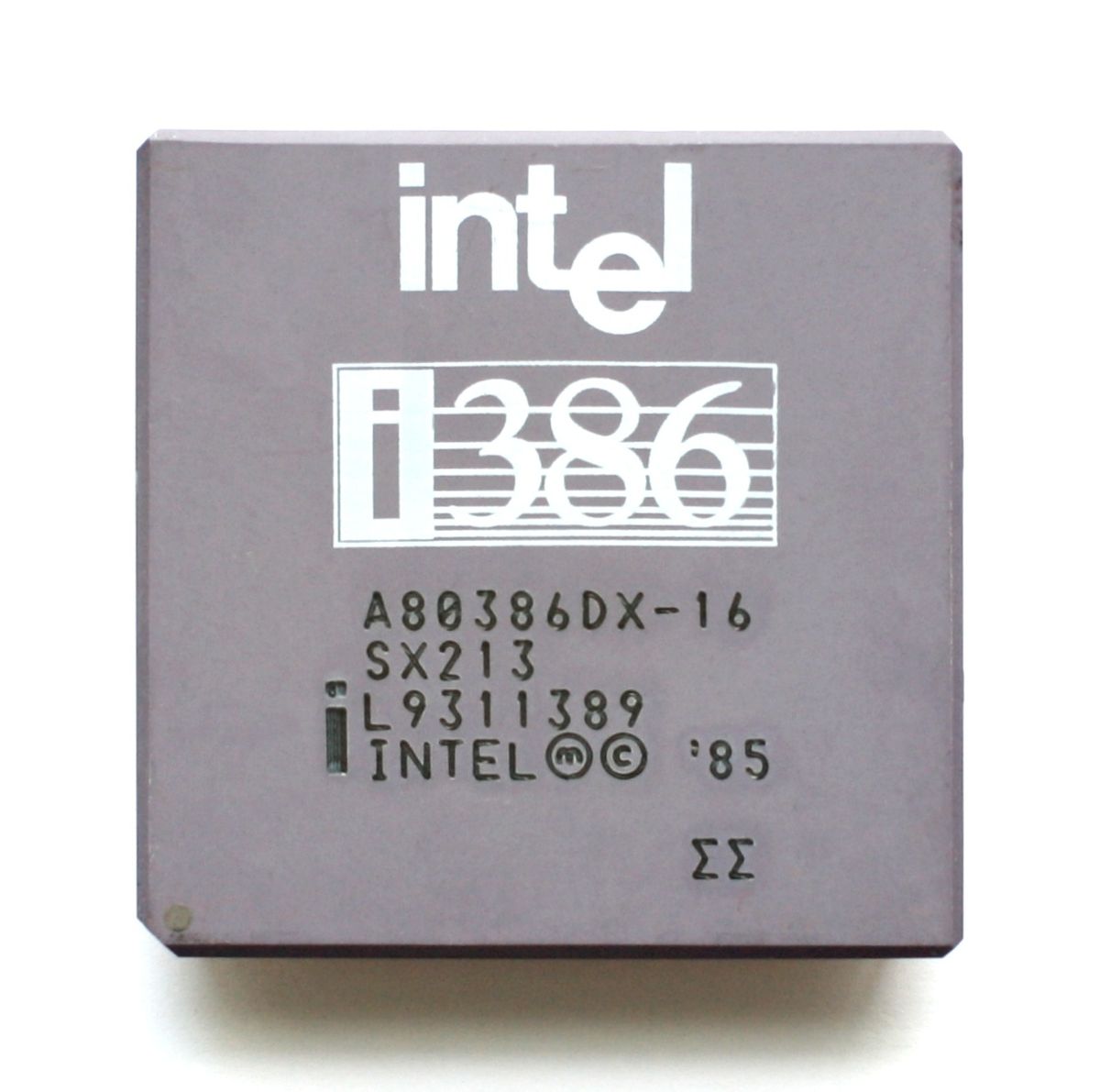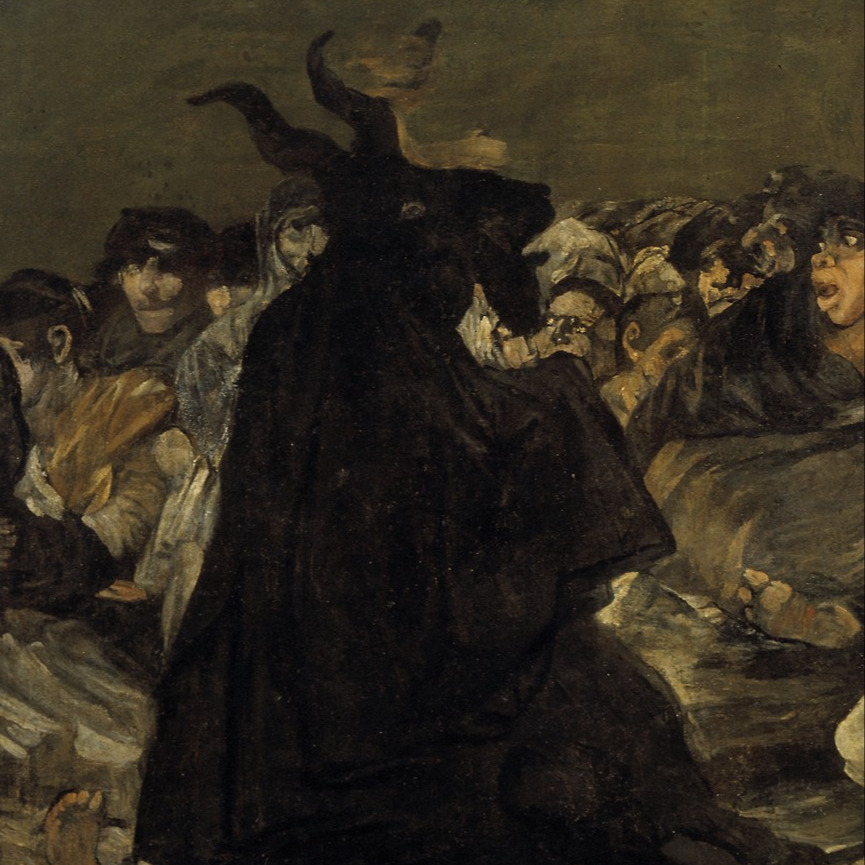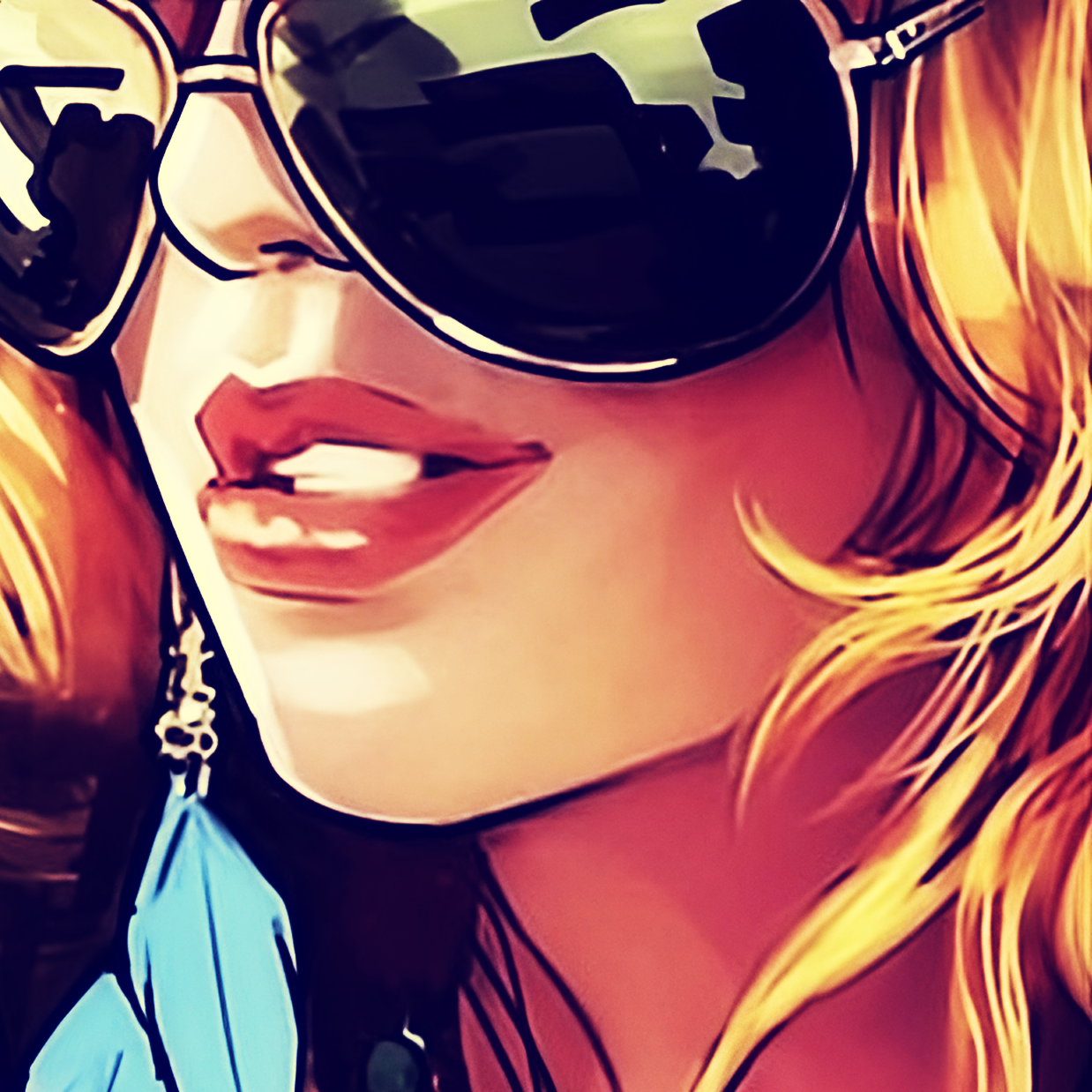I sympathize with artists who might lose their income if AI becomes big, as an artist it’s something that worries me too, but I don’t think applying copyright to data sets is a long term good thing. Think about it, if copyright applies to AI data sets all that does is one thing: kill open source AI image generation. It’ll just be a small thorn in the sides of corporations that want to use AI before eventually turning them into monopolies over the largest, most useful AI data sets in the world while no one else can afford to replicate that. They’ll just pay us artists peanuts if anything at all, and use large platforms like Twitter, Facebook, Instagram, Artstation, and others who can change the terms of service to say any artist allows their uploaded art to be used for AI training - with an opt out hidden deep in the preferences if we’re lucky. And if you want access to those data sources and licenses, you’ll have to pay the platform something average people can’t afford.
I sympathize with artists too, but to a point. I predict that:
- AI art will overtake human art eventually; that is human art jobs will be mostly replaced. Day to day art (e.g. ads, illustrations, decorations, billboards etc) will likely be AI generated.
- Human art will become something akin to a home cooked meal in a sea of fast food art. This might actually make some artists famous and rich.
- Humans will continue to learn art, but more as a pastime/hobby/mental exercise.
I hope to one day live in a world where people only do things for the skill/experience/craft, instead of out of necessity.
For point 2 and 3 art is too expensive and time consuming to learn practice. I feel a lot of people extremely underestimate the time and cost that people have to bring up to become decent artists.
I completely disagree. The vast majority of people won’t be using the open source tools unless the more popular ones become open source (which I don’t think is likely). Also, a tool being open source doesn’t mean it’s allowed to trample over an artist’s rights to their work.
They’ll just pay us artists peanuts if anything at all, and use large platforms like Twitter, Facebook, Instagram, Artstation, and others who can change the terms of service to say any artist allows their uploaded art to be used for AI training - with an opt out hidden deep in the preferences if we’re lucky.
This is going to happen anyway. Copyright law has to catch up and protect against this, just because they put it in their terms of service, doesn’t mean it can’t be legislated against.
This was the whole problem with OpenAI anyway. They decided to use the internet as their own personal dataset and are now charging for it.
I get where you’re coming from, but I don’t think even more private property is the answer here. This is ultimately a question of economics - we don’t like that a) we’re being put out of jobs, and b) it’s being done without our consent / anything in return. These are problems that we can address without throwing even more monopolosation power into the equation, which is what IP is all about - giving artists a monopoly over their own content, which mostly benefits large media corporations, not independent artists.
I’d much rather we tackled the problem of automation taking our jobs in a more heads on manner via something like UBI or negative income taxes, rather than a one-off solution like even more copyright that only really serves to slow this inevitability down. You can regulate AI in as many ways as you want, but that’s adding a ton of meaningless friction to getting stuff done (e.g. you’d have to prove your art wasn’t made by AI somehow) when the much easier and more effective solution is something like UBI.
The consent question is something that needs a bit more of a radical solution - like democratising work, something that Finland has done to their grocery stores, the biggest grocery chains are democratically owned and run by the members (consumer coops). We’ll probably get to something like that on a large scale… eventually - but I think it’s probably a bigger hurdle than UBI.
I appreciate this take, especially when applying copyright in the manner being proposed extends the already ambiguous grey area of “fair use”, which is most often used against artists.
Who gives a shit about artists rights? We need to move on with the progress like we always have.
This is a terrible take. Maybe someday your livelihood will be challenged by technology and you’ll get to see why.
They can get a job or figure out funding like everybody else
We should give a shit about everyone’s rights to put food on the table. Compassion can be exhausting but it’s important to recognise that someone else’s problem might be yours one day and you’d wish someone was there to help you.
This was my thinking too. In principle I support restrictions on the data AI can be trained on, no question - but practically speaking the only difference restricting it makes is giving whatever companies gobble up the most IP the sole ability to make legal AI art. If a decision like that was made, there would be no more stable diffusion, available to anyone and everyone for free; the only legal options would be e.g. Adobe Firefly.
I’m not thrilled that copyright exists and that it is used as a weapon against innovation and artistic expression. But if it’s going to exist, I want it to actually fucking protect my works.
Copyright has never worked unless you have a lawyer to enforce it.
So this is a step in the right direction, then.
My AI trained torrent client will be very happy to hear this
This is a strange move from a country that is usually the most overprotective when it comes to copyright. Though I guess if you view it from a “pro-business” view then it might make sense. Sucks a ton for artists though.
deleted by creator
What about if what AI produce was automatically public domain?
It is. That was what the whole monkey selfie lawsuit was about.
It isn’t, and that wasn’t what the monkey selfie lawsuit was about. The monkey selfie lawsuit in fact supports the idea that generative art can be protected, if it demonstrates a manifestation of an artists specific intent. The monkey selfie wasn’t copyrightable not because a monkey isn’t a human; but because the monkey didn’t know wtf it was doing when it took a selfie.
Well, they should prepare for a crapton of new datacenters to be built there. 😂
So Japan is telling us, that intellectual property is holding back its progress in AI. so are they recognizing that IP is a hinderess to progress and innovation ? should we expect this to nullify other IP legislation ? is this heading to court?
So if the work they used to train it isn’t a copyright violation canthr things it creates be copyrighted? I hate copyright. It doesn’t protect the people it should. Public domain everything that these AI create, companies will stay away, and we support creators directly.
Sam Altman: We are moving our headquarters to Japan
It’s a bullshit article by a bullshit website. The law in question is a decade old. Japan hasn’t decided anything - they are slow to decide new things. It’s just this page clickbaiting.
That explain their birth rate issue, it’s new issue for them too 😂
Smart move. They also clearly understand that AI is here to stay and it’s better to embrace it rather than fight it. This will give Japan an unhindered advantage while the rest of the world cries over who allowed a computer to look at their artwork.
Someone didn’t click on the article.
The absolute right decision.
Not at all… In fact, it’s totally batshit insane to determine that the biggest tech companies in the world can freely use anybody’s copyrighted data or intellectual property to train an AI and then claim to have ownership over the output.
The only way that it makes sense to have AI training be “fair use” is if the output of AI is not able to be copyrighted or commercially used, and that’s not the case here. This decision will only enable a mass, industrialized exploitation of workers, artists and creators.
Expanding on the already expansive terms of copyright is not the appropriate way to deal with the externalities of AI. This copyright maximalists approach will hurt small artists, remix culture, drive up business costs for artists who will be dragged into court to prove their workflows didn’t involve any generative steps, and as with every expansion of copyright, primarily help the large already centralized corporate IP holders to further cement their position.
But would copyright law not cover the creation of a piece of art that is derivative or a copy of another piece without proper credit?
A human artist does not violate copyright merely for studying a piece of art. Only by replicating it do they violate the law.
Why should these AI models not be covered in the same way?
It’s not the right decision for the content creators. So it’s not “absolute right”.
Expanding the terms of copyright to 70 years after the life of the author actually didn’t help artists make art. Expanding copyright to cover “training” will result in more costly litigation, make things harder for small artists and creators, and further centralize the corporate IP hoarders that can afford to shoulder the increased costs of doing business. There are inumerable content creators that could and will make use of generative art to make content and they should be allowed to prosper. We need more fair use, not less.
That’s not true? There’s nothing stopping content creators from using their own content to create models. In fact, that’s my exact project for some of my visual art.
Moreover (edit: visual) models can’t effectively replicate the copywrite, so I don’t really see how it would infringe on it.
@Gutless2615 corperations stealing artists work to develop their for-profit software is NOT fair use.
You do realize individuals can train neural networks on their own hardware, right? Generative art and generative text is not something owned by corporations — and in fact what is optimistically becoming apparent is that it is specifically difficult to build moats around a generative model, meaning that it’s especially hard for for corporations to own this technology outright — but those corporations are the only ones that benefit from expanding copyright. Also, I disagree with you also. A trained model is a transformative work, as are the works you can generate with those models. Applying the four factor fair use test comes out heavily on the side of fair use.
@Gutless2615 Of course individuals can train models on their own work, but if they train it on other artists work, that too is an unauthorized use.
Honestly whether AI outputs can be copyrighted is really a separate issue from what I am concerned about… what matters in these cases is where/ how they obtained the inputs on which they trained the models. If a corporation or individual is using other artists works without authorization they are also committing theft, irrespective of any copyright infringement.














